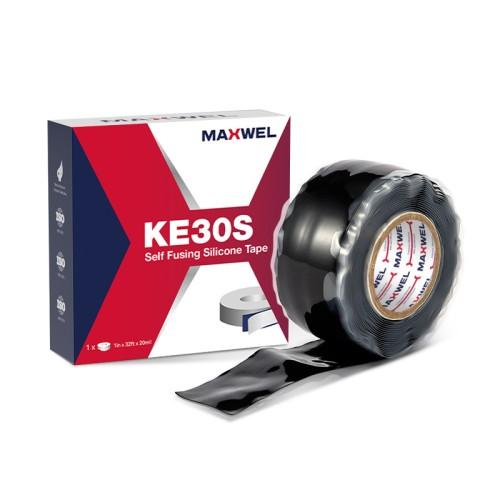In the realm of electrical engineering, ensuring the integrity and safety of electrical systems is paramount. High voltage insulation tape plays a crucial role in this regard, serving as a primary defense mechanism against electrical failures.
This versatile and essential material is designed to provide reliable insulation for high voltage applications, thus safeguarding equipment, preventing accidents, and enhancing the overall efficiency of electrical systems.
Understanding High Voltage Insulation Tape
High voltage insulation tape is specifically engineered to withstand the demanding conditions of high voltage environments. Unlike standard electrical tape, which is typically used for low voltage applications, high voltage insulation tape is made from materials that offer superior electrical insulation, thermal stability, and mechanical strength. Common materials include rubber, PVC, and specialized polymers that are capable of enduring extreme temperatures, moisture, and other environmental factors.
The Importance of Proper Insulation
Proper insulation is critical in preventing electrical failures. Electrical systems, especially those involving high voltage, are prone to various types of failures, including short circuits, arcing, and insulation breakdown. These failures can lead to equipment damage, fire hazards, and even human injury. High voltage insulation tape acts as a protective barrier, preventing direct contact between conductive elements and thus minimizing the risk of electrical failures.
Key Functions of High Voltage Insulation Tape
Electrical Insulation: The primary function of high voltage insulation tape is to insulate electrical connections and components. This insulation prevents the flow of unintended current, which can cause short circuits and other failures.
Moisture Resistance: Moisture can significantly degrade electrical insulation, leading to failures. High voltage insulation tape is designed to resist moisture, ensuring the integrity of the insulation even in damp or wet conditions.
Thermal Stability: Electrical systems can generate significant heat, especially in high voltage applications. High voltage insulation tape is capable of withstanding high temperatures without losing its insulating properties, thus maintaining electrical safety.
Mechanical Protection: In addition to electrical insulation, high voltage insulation tape provides mechanical protection to cables and connections. It helps to shield these components from physical damage, abrasion, and other external impacts.
Applications of High Voltage Insulation Tape
High voltage insulation tape is used in a wide range of applications, from industrial machinery and power distribution systems to automotive electrical systems and renewable energy installations. In each of these applications, the tape ensures the safe and efficient operation of electrical systems by preventing failures and extending the lifespan of electrical components.
Industrial and Commercial Applications
In industrial settings, high voltage insulation tape is used to insulate connections in heavy machinery, control panels, and power distribution systems. It helps to maintain the reliability of these systems, preventing costly downtime and repairs due to electrical failures.
Automotive Applications
In the automotive industry, high voltage insulation tape is used in electric and hybrid vehicles to insulate high voltage cables and connections. This insulation is critical for the safety and performance of these vehicles, protecting against electrical failures that could lead to malfunctions or accidents.
Renewable Energy Systems
Renewable energy systems, such as wind turbines and solar panels, also rely on high voltage insulation tape to ensure the integrity of electrical connections. Proper insulation in these systems is essential for preventing failures and optimizing energy production.
Conclusion
High voltage insulation tape is an indispensable tool in the prevention of electrical failures. Its superior insulation properties, combined with its resistance to moisture, heat, and mechanical stress, make it an essential component in a variety of high voltage applications. If you're interested in our products, please feel free to contact us.
